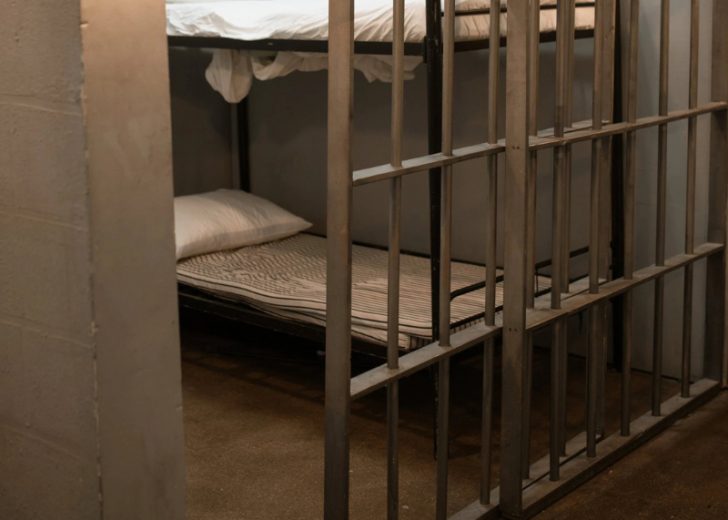Criminal sentences do not necessarily involve incarceration. There are eligible defendants who are entitled to other sentences for offences registered under mental health programs, substance abuse or house arrest, and even community service. Defend your rights and know what alternative sentences are about. If one pleads guilty to a certain crime or get convicted after trial, they assume that you spend some prison time. But this is not always the case. Your sentence and eligibility for alternatives to prison depend on several factors, including: the laws and state or federal court rules, your past record and the judge in your case. Yet more states are warming up to the idea of non-incarceration of offenders, especially as alternative sentencing saves taxpayer money and reduces prison overcrowding.
Sentenced to Prison or Jail

Incarceration means serving time in prison or jail. Jails are managed by local authorities and is designed for confining someone for short-term (for a maximum of 12 months), as well as detention before trial and sentencing. Prisons, on the other hand, are managed by Federal Bureau of Prisons, or the respective state governments, run specially for inmates who are awarded longer sentences.
Fines and Restitution
For many smaller offenses, such as routine traffic violations, petty theft or shoplifting, carry only a fine penalty. Paying restitution costs may be part of the punishment for certain offences. Restitution is different from a fine as it goes directly to the victim or to a state restitution fund.
Halfway Houses and Community Sentencing

Many states provide community sentencing or control, as a condition of probation on its own. The offenders live in various halfway houses (called community correctional centres or residential rehabilitation centres). Although these facilities act as transitions from prison to life “outside,” state laws allow direct sentencing to community control for some crimes. This sentence requires keeping up with treatment programs, curfews, and many strict rules.
Probation
After a criminal conviction or guilty plea in some cases, judges may sentence offenders to probation and the prison or jail sentence is typically suspended if the offender meets the conditions set for probation. In some cases, offenders are placed on probation after a jail period or under a deferred sentencing agreement allowing criminal charges dismissal after the defendant pleads guilty and completes probation.
House arrest (or home detention or confinement), usually comes with ankle monitoring and may include;
- shaming, occasionally used for low-level misdemeanours.
- community service
- alcohol monitoring, ignition interlock devices and ankle bracelets for convicted drunk drivers or those who commit other alcohol-related crimes
- participation in treatment for substance abuse, anger management, mental health issues, or other issues that led to the crime
- restorative justice programs, involving “sentencing circles” comprising offenders, community members, victims, and representatives of criminal justice system, to agree on a sentence focused on repairing harm caused by the crime.
Assistance with Alternative Sentencing

If charged with a crime and hoping for alternative sentencing, discuss this with your lawyer. Eligibility for alternative sentencing depends on the charges, your record, and state of domicile. Although, programs like drug courts involve sacrificing constitutional rights that defendants have in normal criminal proceedings. Most involve fees to be paid. An experienced criminal defense attorney explains how local laws apply in your case, as also pros and cons of sentencing alternatives.




